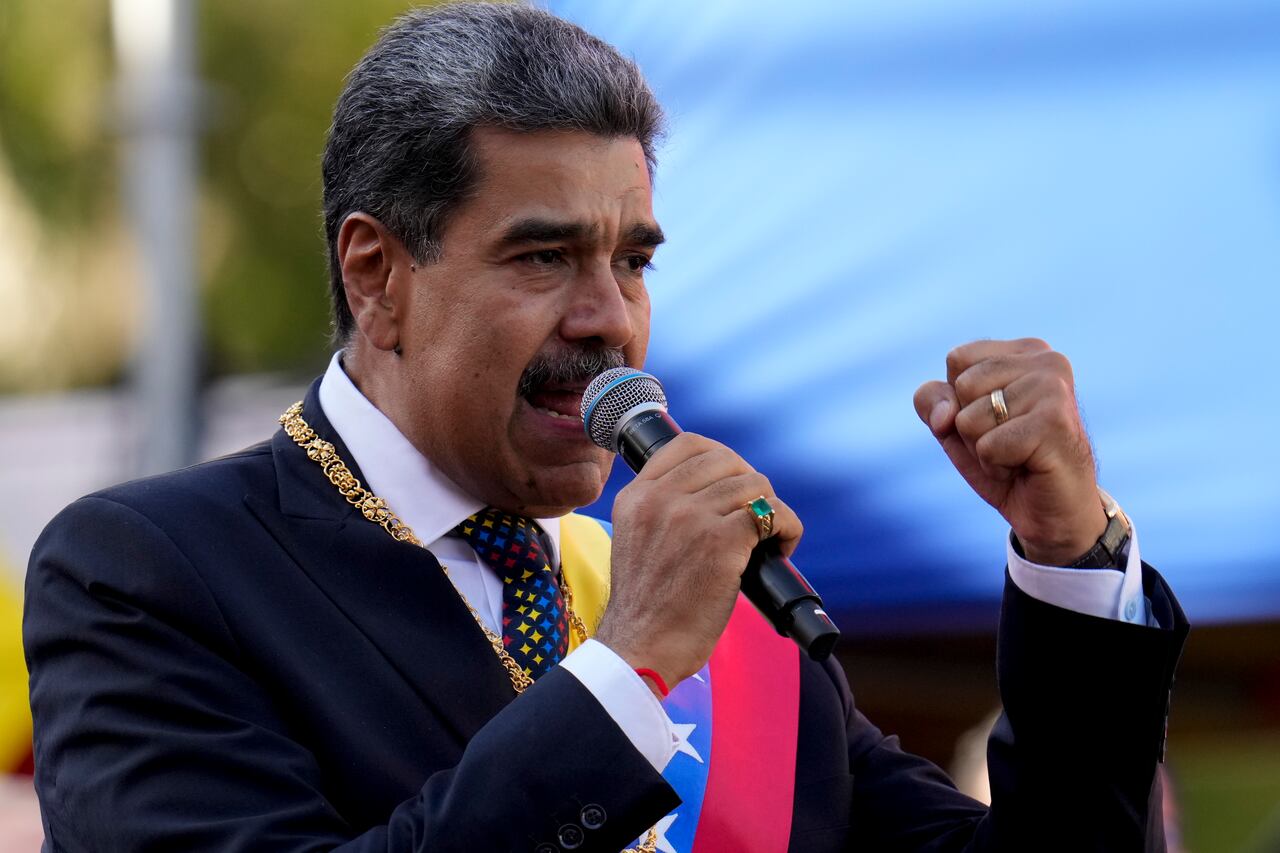Will Donald Trump authorize a military invasion of Venezuela? This is the panorama

Trump is no stranger to the situation in Venezuela. During his first period in power, the Republican president was a harsh enemy of the dictatorship of Nicolás Maduro. It was during his government, in 2020, that the Prosecutor’s Office of that country (which is appointed by the executive branch) issued the indictment in which accused Maduro and Diosdado Cabello of conspiring with the Colombian guerrilla to “flood the United States with cocaine” and use drug sales “as a weapon against” said country. In addition, it imposed severe economic sanctions against the regime.
On the other hand, on several occasions, The magnate assured that they had considered a military solution to remove the Venezuelan leader from the Miraflores Palace.

This last thesis was revealed by Trump’s former national security advisor, John Bolton, who revealed the secrets of the first Republican government in his book The room where it happened. There, he said that the then president did contemplate a military exit with an invasion of the US army in Venezuelan lands, but decided to support the opposition led at that time by Juan Guaidó. Even so, he later reportedly abandoned Venezuela’s interim president, suggesting that he had lost a lot of strength.

And now?
The reality is that not only the United States and Venezuela have changed since then, but the situation of the planet as well. Donald Trump will find a world more than divided by conflicts that have his country as the protagonist, by the decisions and actions he will be able to take. The reality is that The priority of the Republican government seems to be on the war in the Middle East and Ukraine. Although the issue of Venezuela is not ruled out to take action on the matter.
“In the midst of the swirl of events these days, the United States Government increased the reward for Maduro and Cabello to 25 million dollars each and has added General Padrino López, comparing them with the leaders of the terrorist groups in the Middle East. Meanwhile, Trump has called González ‘president-elect’, which suggests that he will take a position of confrontation with Venezuela, but possibly not with the same noise as in his previous mandate,” said former Foreign Minister Julio Londoño Paredes.
A ground intervention, for now, is not in the picture. When the United States invaded Panama in 1989, during the government of George Bush Sr., the North American country had to assign more than 20,000 of its soldiers to Central American lands to remove the dictator Manuel Noriega, all with the approval of Congress in Washington. For an operation in Venezuela, it is believed that at least 80,000 men would be needed and there are considerable doubts that the congressmen will give their approval.

Furthermore, an intervention by Venezuela would have much greater international implications than that in Panama, taking into account the relationship that Maduro has with Iran and Russia. Nor should we forget that the neighboring country is the fifth nation that sends the most crude oil to North American lands for treatment and marketing, which has been increasing since Joe Biden’s government reduced hydrocarbon sanctions against Caracas and that until now They have not been imposed again, despite requests from various sectors.
These same arguments weigh against a possible intervention by air, in operations with bombings or attacks with drones, as has happened in Middle East such as Yemen or Syria, which is not seen as a possible solution to the Venezuelan crisis.
It is also not ruled out that the Trump government maintains a relationship with Maduro. “The new presidency of Donald Trump has generated a lot of noise due to the arguments, for and against, of returning to the ‘maximum pressure’ policy. There is great confusion here, since that ‘maximum pressure’ gave way around 2020, when the State Department published an official policy to promote the transition based on political agreements with Maduro,” explained former Venezuelan attorney José Ignacio Hernández.
“President-elect Trump has indicated that the international policy of the United States must be oriented towards a kind of non-intervention, as he recently reiterated during the conflict in Syria. For this reason, I believe that the policy towards Venezuela will continue, in a certain way, where it left off, with the plan published in 2020,” added the jurist.




